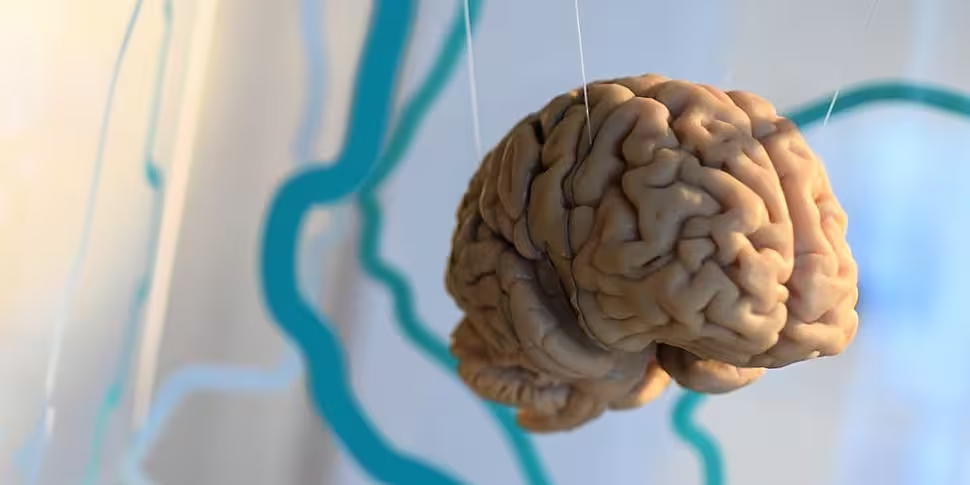Someone doesn't have to receive a blow to the head to sustain concussion, according to neuroscientist Dr Sabina Brennan.
She said the serious injury can be caused by "a hard knock to any part of your body that results in a rapid movement of the head".
She was speaking to The Hard Shoulder after a new study found that concussion led to increased risk dementia and Parkinson’s disease later in life.
The study - published in the journal of Family Medicine and Community Health - looked at the records of tens of thousands of people who sustained concussion in the early 90s.
Dr Brennan said previous studies had also suggested a link between concussion and dementia (as well as other neurodegenerative diseases).
She explained: "What this particular study in Canada did, was it looked at medical records from 1990 and 1991, looking at people who were diagnosed with concussion... and then medical records in 2014 and 2015. We're talking large numbers... 47,500 people with a concussion.
"72% more likely to have a diagnosis of dementia than someone without a dementia of concussion... Parkinson's, which is also a neurodegenerative disease, [was] 57% more likely."
She said that while rugby gets mentioned in discussions on concussion, it is soccer players that are more likely to sustain a concussion.
She observed: "It's more likely to be a head-to-head injury as you're jumping up to get the ball, and people knock heads. Goalies are actually at particular risk."
Dr Brennan also suggested there was a 'misconception' about concussion in the general public.
She said: "People tend to think of concussion as a result of a bang to the head, but it doesn't have to be a blow to the head: it can be a hard knock to any part of your body that results in a rapid movement of the head.
"Concussion is a misnomer in a way - it would be far better if we called it what it is, which is a mild traumatic brain injury. Even at that, mild is a bit of a misnomer.
"Some people may forgot a few minutes before they had a concussion, or a few minutes afterwards - it disturbs how the brain functions."
She explained that the brain tissue gets directly damage, which in turn triggers a "cascade of biochemical reactions".
Blood vessels can also be damaged, prompting an 'energy crisis in the brain' as it may struggle to receive the glucose and oxygen it needs to survive.
Dr Brennan noted that while someone may recover from the immediate symptoms of concussion quickly, the long-term impact is "less obvious".









